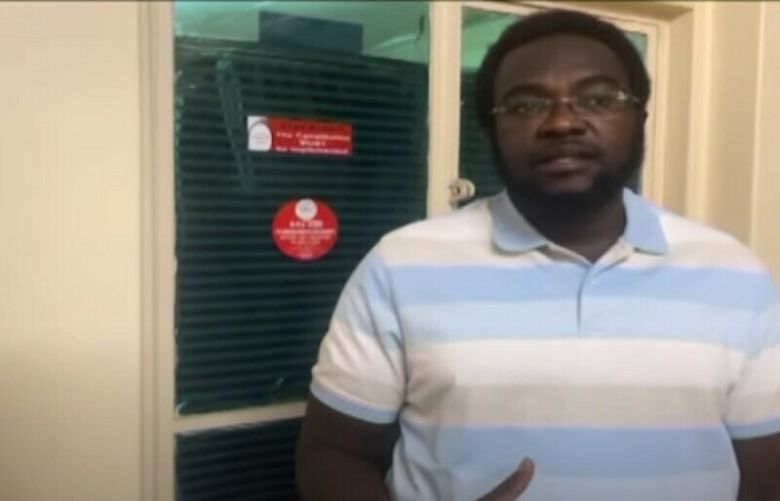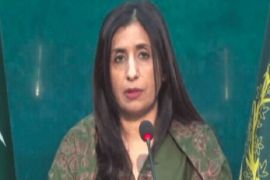The Kenya Human Rights Commission (KHRC) claimed that journalist Arshad Sharif was killed in a “clearly planned and executed” murder conspiracy.
Mavenjina, who is a lawyer at Kenya’s High Court and works for the lead human rights organisation in Kenya, told the publication that Sharif’s “murder was clearly planned and executed” and “it simply shows that he was surveilled over a good period of time. The question is how did the security agencies know he was in that specific locality at that time”.
The official said that the Kenyan police used the excuse of mistaken identity but there is no corroborative evidence of mistaken identity and their position is unsustainable.
Mavenjina, who has documented human rights abuses by the Kenya police, accused the Kenyan police are notorious for unlawful killings and the KHRC, over the last couple of decades, has documented cases of unlawful killings and enforced disappearances through the missing persons’ coalition.
“The Kenya police are guilty as charged. Their excuse of mistaken identity doesn’t hold water because when you file a complaint to the police you give a clear description of the vehicle. In this case, the vehicle in which Sharif was travelling was a V8 Landcruiser. These are the vehicles used by cabinet members, parliamentarians and VIPs," the lawyer said speaking on the matter.
The human rights advocate said that Kenya’s constitution guides the police on how to respect human rights and protect them but “look at how Sharif was killed and it shows there was an outright disregard for the constitution and human rights. In my honest opinion, Sharif’s killing was clearly planned and clearly choreographed”.
Mavenjina said that of all the countries in the world, Kenya’s police are number three in corruption. “We have instances where Kenyan police killed innocent people including a human rights lawyer and it took over four years to investigate and follow the due process to get the officers convicted”.
The KHRC official said that his organisation, with help from the missing person’s coalition over the last five years, has documented over 200 cases of unlawful kings and disappearances by the police.
“In the first six months of the COVID outbreak, police killed more Kenyans than the COVID. There were over 25 killings in the first six months," he said commenting on the state of Kenya's police.
Mavenjina said it was clear that Sharif’s shooters were “well trained over a long period of time”.
The KHRC official added: “Ordinarily it is very difficult to get a headshot on a very specific target or an individual in a moving vehicle even at a close range it is very difficult but if you look at circumstances in which Sharif was shot at two places this was well-planned.
The roadblocks were placed for a purpose. When there are roadblocks in Kenya, people are told there will be roadblocks for ID checks etc, there was nothing in this case.”
Sharif was invited to visit and stay in Kenya by Nairobi-based property developer Waqar Ahmad, brother of Khurram Ahmad who was driving the journalist on the fateful night of October 23, when he died in a hail of bullets rained on him by the Kenyan police at a deserted area.
Both Waqar and Khurram have been questioned by Pakistan’s investigation team — the Federal Investigation Agency's (FIA) Director Athar Wahid and Intelligence Bureau's (IB) Deputy Director-General Omar Shahid Hamid — to ascertain facts regarding the journalist’s murder.







